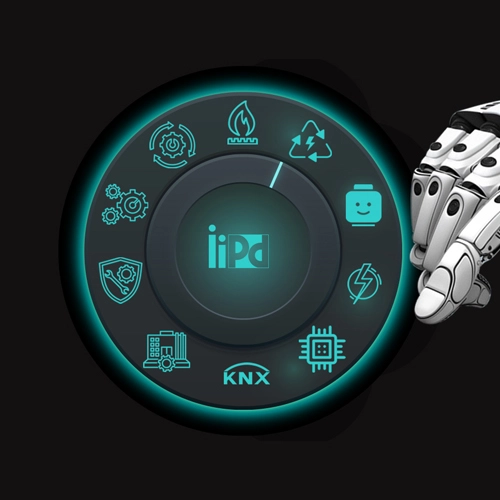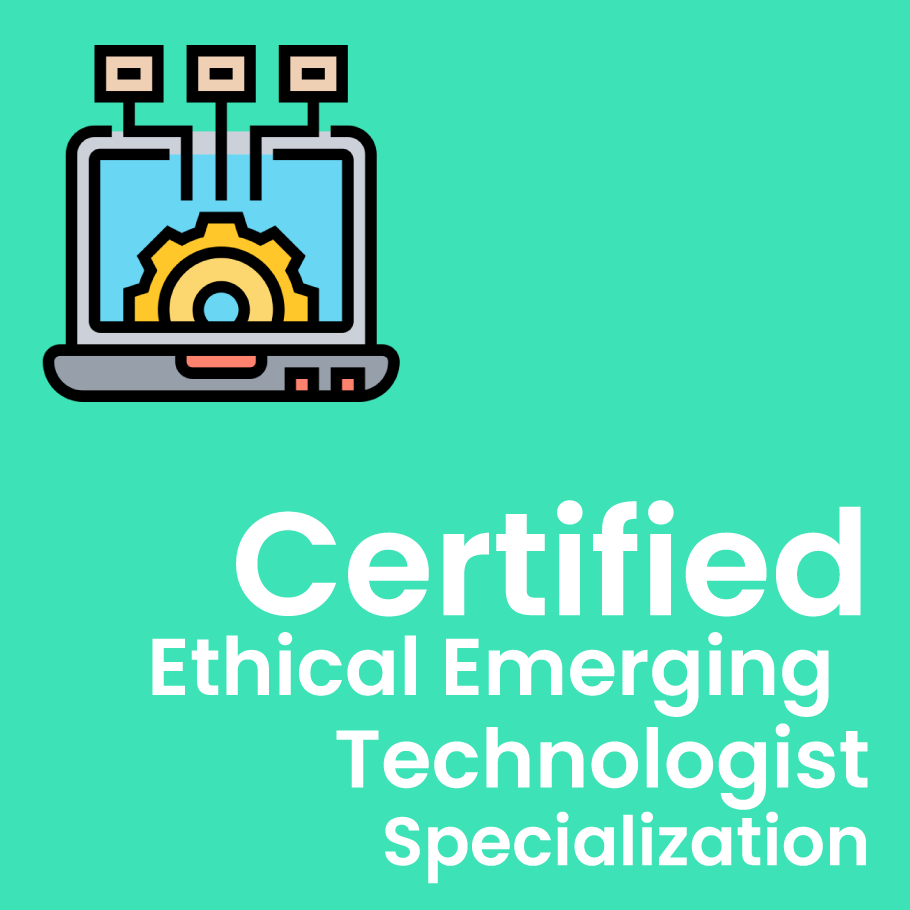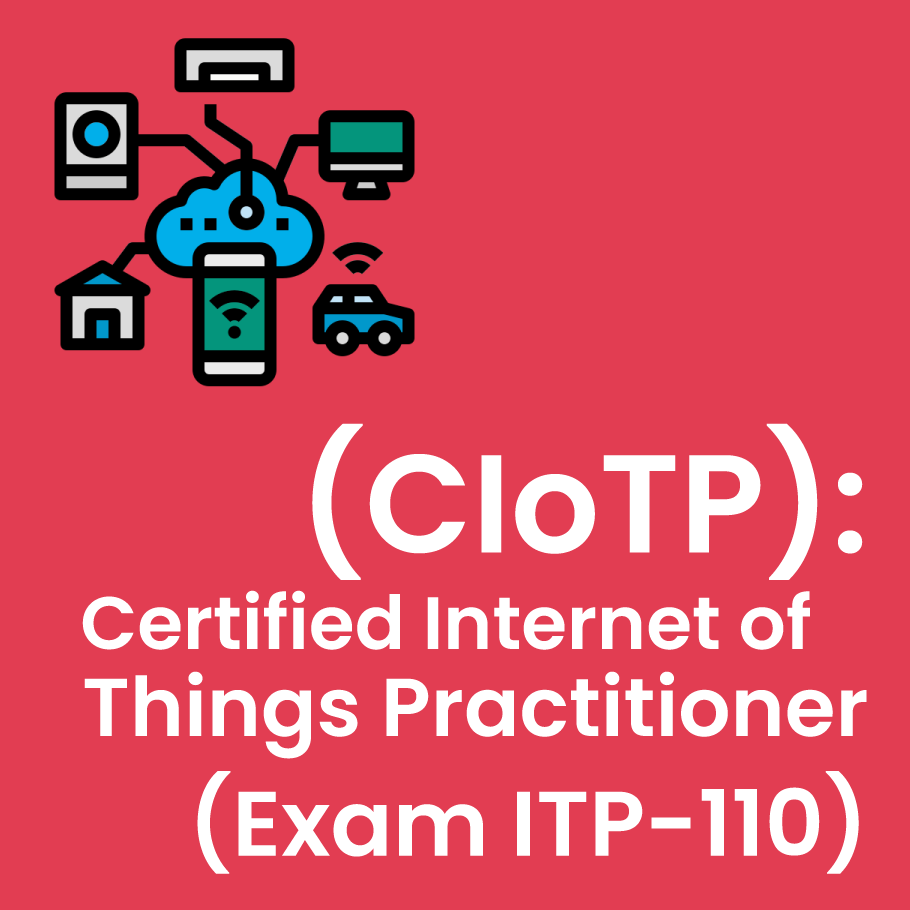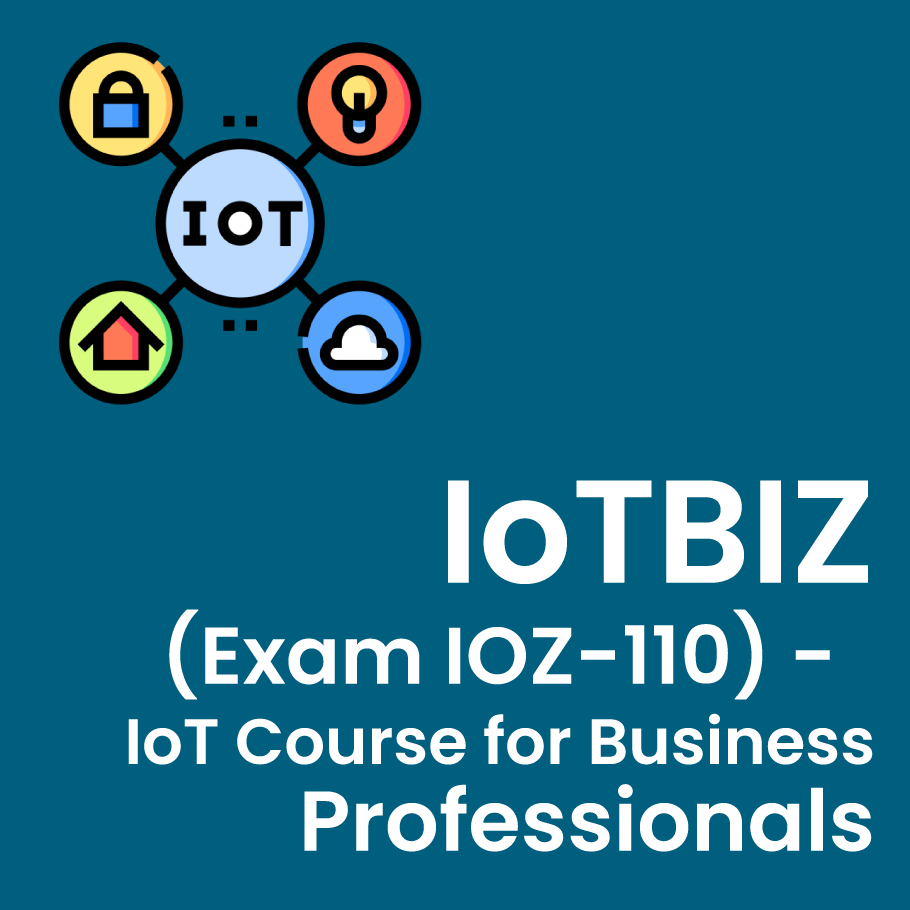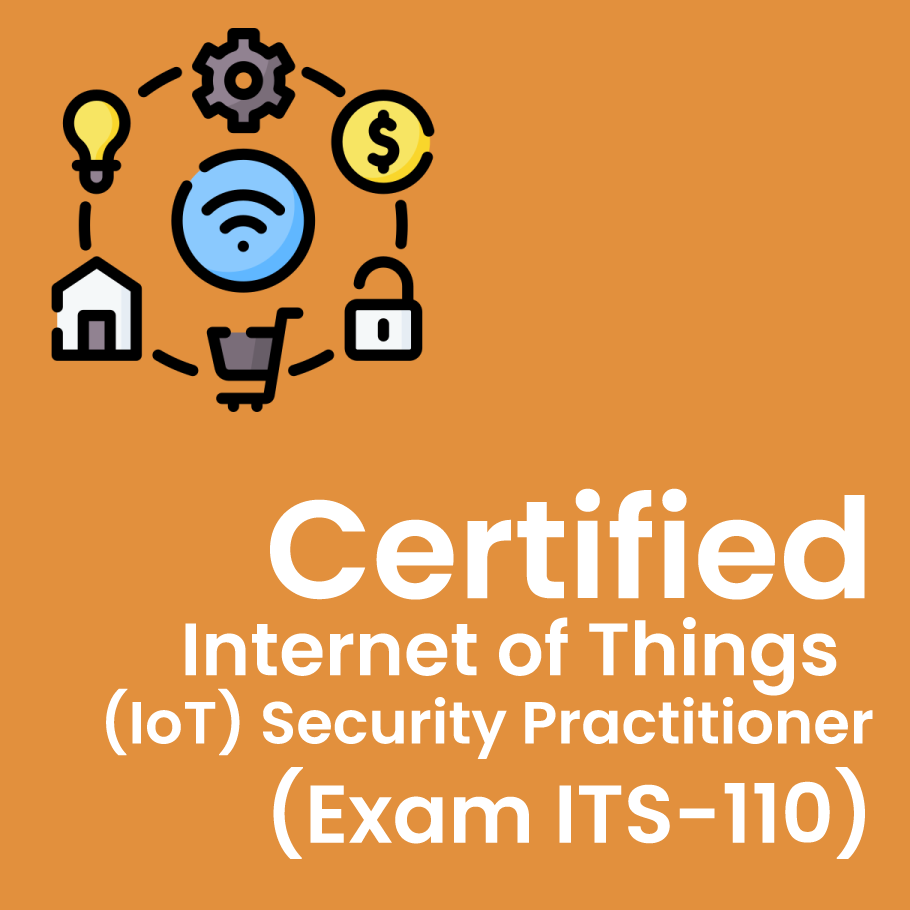In today's rapidly advancing technological landscape, the ethical implications of emerging technologies have become a critical concern. The CertNexus® Certified Ethical Emerging Technologist™ (CEET) certification is designed for individuals seeking to demonstrate a vendor-neutral, cross-industry, and multidisciplinary understanding of applied technology ethics. This certification equips professionals with the knowledge and skills to navigate the processes by which ethical integrity may be upheld within emerging data-driven technology fields, including artificial intelligence (AI)/machine learning, the Internet of Things (IoT), and data science.
TARGET CANDIDATE
This certification exam is designed for individuals seeking to demonstrate a vendor-neutral, cross-industry, and multidisciplinary understanding of applied technology ethics that will enable them to navigate the processes by which ethical integrity may be upheld within emerging data-driven technology fields (such as artificial intelligence (AI), Internet of Things (IoT), and data science).
Understanding the CEET Certification
The CertNexus® Certified Ethical Emerging Technologist™ (CEET) certification offers a comprehensive curriculum that covers the ethical considerations and challenges posed by emerging technologies. This certification is targeted at individuals from various backgrounds who are involved in the development, deployment, and management of cutting-edge technologies. By obtaining the CEET certification, professionals can demonstrate their commitment to upholding ethical standards in technology-driven fields and contribute to the responsible and sustainable advancement of these industries.
Benefits of the CEET Certification
Vendor-Neutral Expertise: The CEET certification provides individuals with a vendor-neutral understanding of technology ethics. This knowledge is applicable across industries and ensures that professionals can navigate ethical challenges irrespective of the specific technology or platform they work with.
Multidisciplinary Knowledge: The CEET certification covers a broad range of ethical considerations, drawing from various disciplines such as philosophy, sociology, law, and technology. This multidisciplinary approach enables professionals to adopt a holistic perspective when addressing ethical issues in emerging technology fields.
Enhanced Professional Credibility: Holding the CEET certification enhances professionals' credibility in the industry. Employers and clients recognize the value of ethical expertise and are more likely to trust individuals who have undergone specialized training in this area.
Career Advancement: The CEET certification opens up new career opportunities in the rapidly growing field of emerging technologies. Employers actively seek professionals who can navigate the complex ethical landscape of these technologies and contribute to the development of responsible and sustainable solutions.
Career Paths After Completing the CEET Certification
The CertNexus® Certified Ethical Emerging Technologist™ (CEET) certification opens up a world of possibilities in various job roles across different industries. Here are some potential career paths individuals can pursue after completing the CEET certification:
- Policy, Compliance, Regulatory, Governance Lead/Manager or Officer: As a CEET-certified professional, you can take on a crucial role in developing and implementing policies and procedures related to technology ethics, compliance, and regulatory frameworks. You will ensure that organizations adhere to ethical guidelines and industry standards while maintaining compliance with relevant regulations.
- Data Analyst: With the CEET certification, you can work as a data analyst, analyzing and interpreting data to provide valuable insights that inform ethical decision-making. You will help organizations understand the ethical implications of data-driven technologies and make informed choices to uphold ethical integrity.
- Data Scientist: As a data scientist, you will leverage your CEET certification to design and implement ethical data-driven solutions. You will use advanced analytics techniques to extract meaningful information from data while ensuring responsible data handling, privacy protection, and unbiased algorithms.
- Data Architect: In this role, you will design and manage the architecture of data systems, ensuring ethical considerations such as data privacy, security, and transparency are embedded in the design. Your expertise will help organizations build robust and ethical data infrastructure.
- Data Engineer: As a data engineer, you will be responsible for collecting, storing, and processing data while upholding ethical principles. You will design and develop data pipelines and systems that prioritize data privacy, security, and responsible data practices.
- Business Analyst: With the CEET certification, you can work as a business analyst, understanding the ethical implications of emerging technologies and their impact on business processes. You will identify opportunities for integrating ethical considerations into business strategies and help organizations navigate the ethical challenges associated with technology adoption.
- AI Engineer: As an AI engineer, you will develop and deploy ethical AI systems that adhere to principles of fairness, transparency, and accountability. Your CEET certification will enable you to build AI models and algorithms that mitigate biases and promote ethical decision-making.
- Machine Learning Developer: In this role, you will leverage machine learning techniques to develop ethical and responsible AI models. You will design algorithms that align with ethical standards, ensuring fairness, explainability, and privacy preservation.
- Product Manager: With your CEET certification, you can work as a product manager, ensuring that technology products and services align with ethical guidelines. You will prioritize user privacy, security, and ethical considerations throughout the product development lifecycle.
- UX Designer: As a UX designer, you will create user-centered designs while considering ethical implications. Your CEET certification will help you prioritize user privacy, accessibility, and ethical user experiences in the design process.
- Technology Consultant: With your CEET certification, you can work as a technology consultant, advising organizations on ethical best practices, technology adoption strategies, and the integration of ethics into their technological solutions.
- Data Protection Officer: As a data protection officer, you will ensure compliance with data protection laws and regulations. Your CEET certification will provide you with the knowledge and skills to implement and maintain ethical data practices within organizations.
- Quality and Risk Management Lead: In this role, you will assess and manage the ethical risks associated with technology projects. You will develop quality assurance frameworks that incorporate ethical considerations and mitigate potential risks.
- Software Systems Architect: As a software systems architect, you will design and oversee the development of software systems with a focus on ethical and responsible practices. You will ensure that ethical considerations are embedded in the architecture, security, and functionality of software solutions.
- Software Solutions Architect: In this role, you will design comprehensive software solutions that align with ethical principles. Your CEET certification will help you integrate ethics into the development process and ensure the responsible use of technology.
- System Administrator: As a system administrator, you will be responsible for managing and maintaining technology systems while upholding ethical standards. You will ensure the security, integrity, and ethical use of technology infrastructure.
- Security Analyst: With your CEET certification, you can work as a security analyst, identifying and addressing potential security risks in technology systems. You will ensure the ethical handling of sensitive data and the protection of privacy and confidentiality.
- Procurement Officer: In this role, you will procure technology solutions while considering ethical factors such as vendor integrity, responsible sourcing, and data privacy. Your CEET certification will guide your procurement decisions and ensure ethical practices throughout the supply chain.
- Public Relations/Communications Manager: As a public relations or communications manager, you will be responsible for communicating an organization's ethical practices and initiatives related to emerging technologies. You will craft messages that promote transparency, trust, and responsible technology use.
- Management Consultant: With the CEET certification, you can work as a management consultant, advising organizations on ethical leadership, technology ethics, and organizational change management. You will help businesses align their practices with ethical standards and navigate the challenges of emerging technologies.
- Data Journalist: As a data journalist, you will combine your data analysis skills with ethical considerations to tell stories that shed light on the impact of emerging technologies. Your CEET certification will help you uncover and communicate ethical implications through data-driven narratives.
Why Get Certified as an Ethical Emerging Technologist?
In today's data-driven world, obtaining the CertNexus® Certified Ethical Emerging Technologist™ (CEET) certification offers numerous benefits and opportunities. Here are some compelling reasons to consider getting certified as an Ethical Emerging Technologist:
Remove Biases: With the CEET certification, you will acquire the knowledge and skills to ensure that data analysis and insights are conducted ethically, without perpetuating biases. This is crucial for promoting fairness, equality, and unbiased decision-making in organizations.
Create Ethical Frameworks: Organizations must establish ethical frameworks that strike a balance between ethical duties and business practicalities. By becoming a certified Ethical Emerging Technologist, you will be equipped to develop and implement these frameworks, helping organizations navigate the complex landscape of ethical considerations.
Detect and Mitigate Risks: Ethical treatment of data requires identifying and mitigating ethical risks in the design, development, and deployment of data-driven technologies. With the CEET certification, you will gain the expertise to identify potential risks and implement measures to address them, ensuring responsible and ethical practices throughout the technology lifecycle.
Communicate Effectively: Ethical values and practices must be effectively communicated to all stakeholders, including employees, clients, and customers. As a certified Ethical Emerging Technologist, you will possess the skills to communicate ethical principles and guidelines clearly, promoting understanding, buy-in, and compliance among stakeholders.
Lead Ethical Teams: Ethical practices should be embraced and upheld at all levels of an organization. By obtaining the CEET certification, you will demonstrate your commitment to ethical leadership and be better equipped to lead teams in the ethical use of emerging technologies. Engaging team members and providing incentives for continual improvement will foster a culture of ethics within the organization.
Other Details
| EXAM CODES | CET-110 |
| EXAM DURATION | 120 Minutes |
| PASSING SCORE | 62% |
| NUMBER OF ITEMS | 80 |
| ITEM FORMATS | Multiple Choice/Multiple Response |

